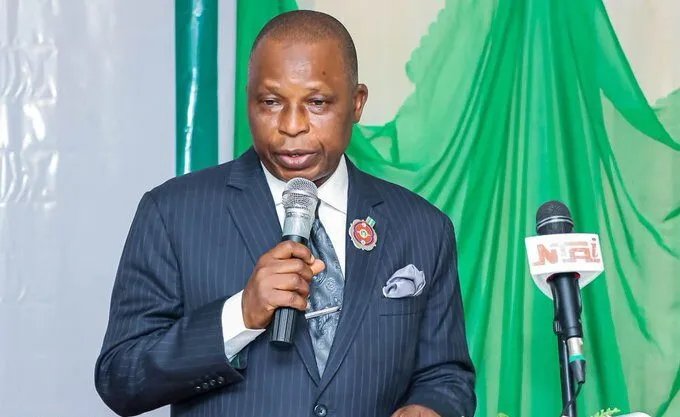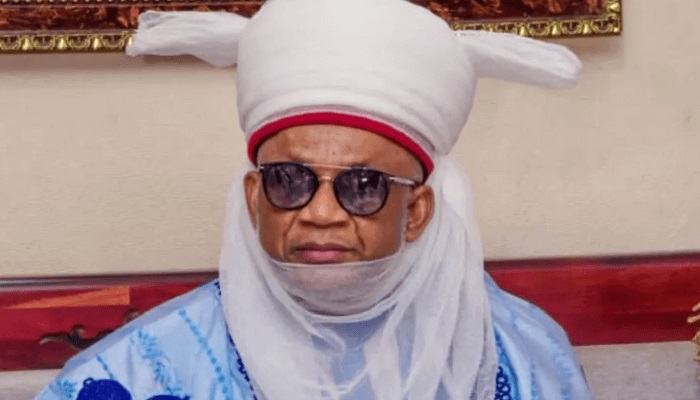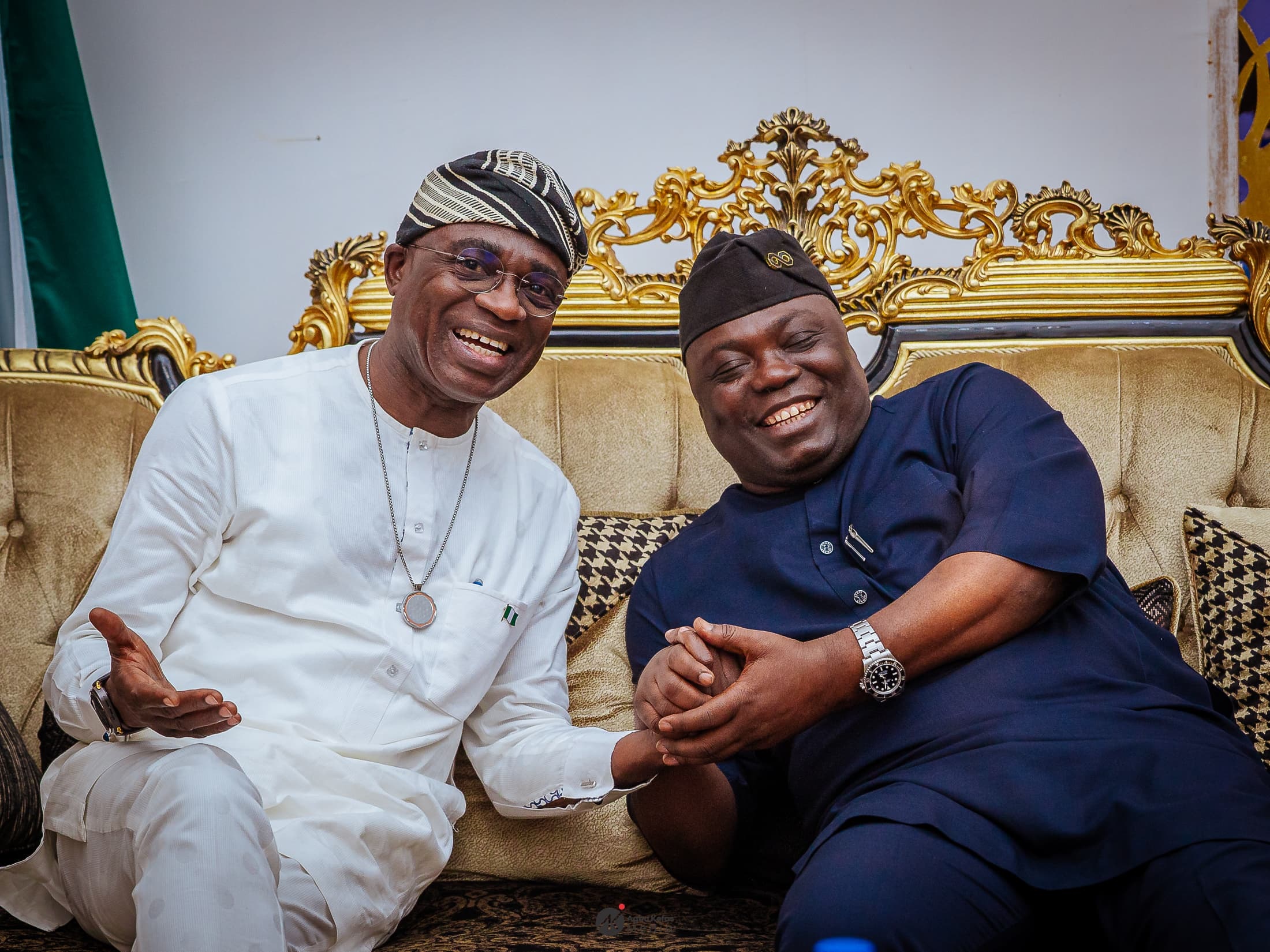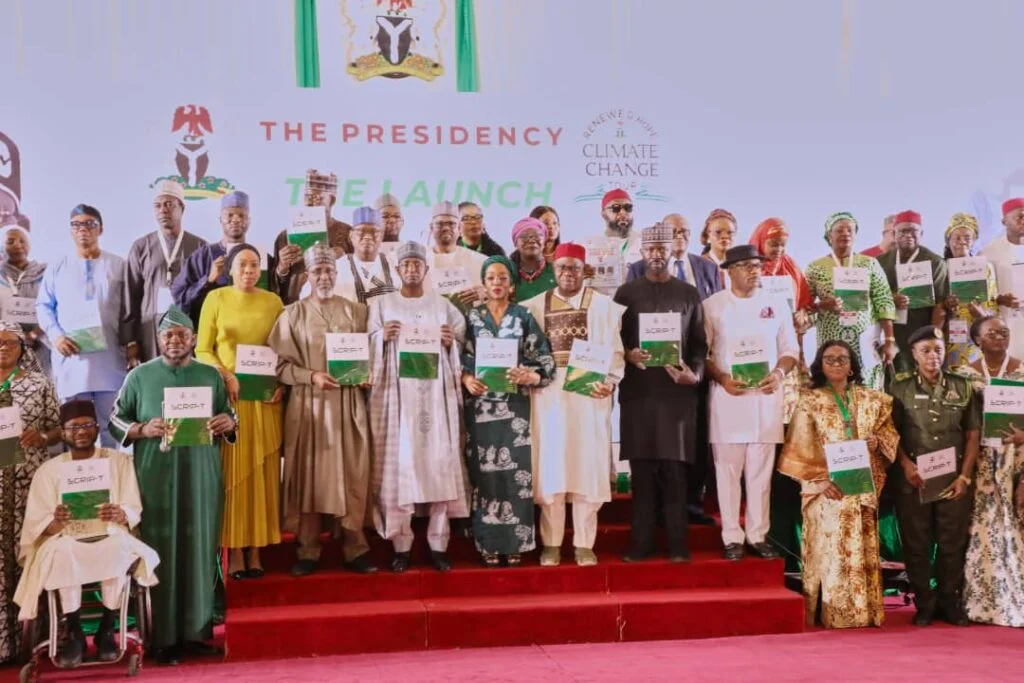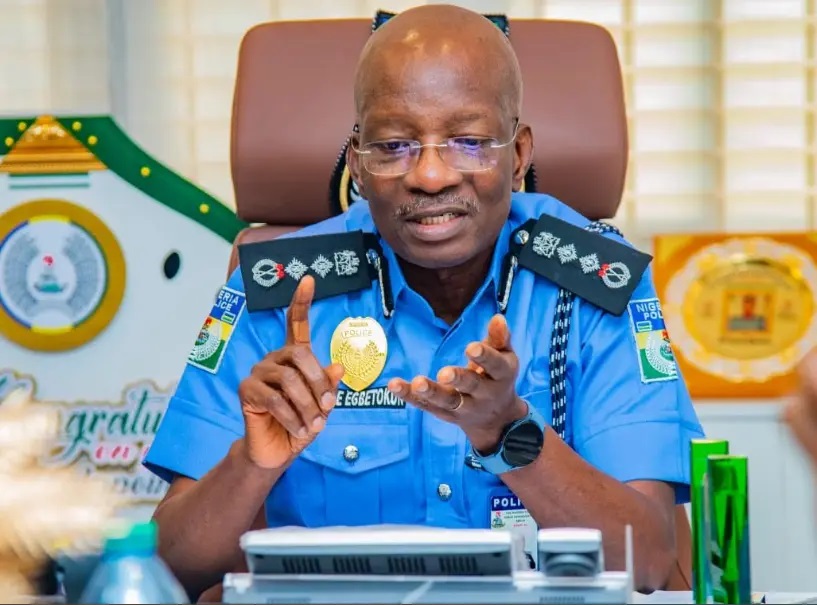The Attorney-General of the Federation (AGF), Mr Lateef Fagbemi, Senior Advocate of Nigeria (SAN), has decried vandalism of telecommunications infrastructure, assuring of the Federal Government’s crackdown on perpetrators.
Fagbemi, who described the act as economic subversion that undermines national development, said this at the inaugural Annual Workshop for Attorney-Generals on Emerging Issues in the Communications Sector, on Wednesday in Lagos.
The workshop, which was organised by the Nigerian Communications Commission (NCC) had the theme “Building and Driving Synergy in Regulating Communications for the Digital Transformation of Nigeria”.
He said that the destruction of communications infrastructure, especially in conflict-prone areas, had become a national concern requiring urgent and coordinated legal response.
“We must ensure that those who willfully destroy or vandalise infrastructure are held accountable. As the saying goes, offenders must be brought to book or the book brought to them,” he said.
Fagbemi described the communications sector as one of Nigeria’s most dynamic and rapidly evolving, citing NCC data showing over 220 million active voice subscriptions and broadband penetration above 32 per cent as of Q1 2025.
The attorney-general said that such connectivity power services were critical to national development, including digital education, financial inclusion, and e-governance.
Fagbemi, however, noted that persistent infrastructure sabotage, regulatory overlaps, inconsistent policies, and multiple taxation burden across federal, state, and local governments continue to hamper progress in the sector.
“These challenges are not just technical; they are legal.
“We must create and enforce a clear, harmonised framework that enables innovation while protecting the interests of consumers and investors alike,” he said.
Citing instances, Fagbemi referenced the 2023 vandalism of telecom stations in Kano and how such incidents could roll back digital gains and destabilise connected communities.
To address these threats, the minister called for closer collaboration between the executive, legislature, and judiciary to improve enforcement of infrastructure protection laws.
He urged state governments to emulate positive policy shifts, citing Anambra State’s unified right-of-way policy in 2023, which led to a 13 per cent increase in fibre optic expansion in just six months.
Fagbemi proposed the creation of a federal–state regulatory coordination forum and joint enforcement mechanisms to ensure that legal protections were not just theoretical, but practical and effective across Nigeria’s vast territory.
Fagbemi also tasked attorney-generals across the country to advise their state governments on constitutionally sound digital policies and to promote alternative dispute resolution frameworks in the telecom space.
“Good governance is not just about laws on paper. It is about implementation, and implementation depends on the integrity, resolve, and collaboration of all of us seated here today, “he said.
On his part, the Executive Vice Chairman of NCC, Aminu Maida, emphasised the need for a collaborative approach to address the challenges facing the communications sector.
He said that the communications’ sector was a vital enabler of innovation, commerce, governance, and inclusion, adding that its full potential could only be unlocked by tackling challenges across legal, regulatory, fiscal and operational domains.
The NCC boss highlighted key issues that need to be addressed, including the review of the Nigerian Communications Act (2003), streamlining taxation in the communications sector, addressing regulatory overlaps and protecting Critical National Information Infrastructure (CNII).
Maida emphasised the importance of a Whole-of-Government approach, leveraging the strengths of all institutions, federal and state, to succeed in Nigeria’s digital transformation.
He also said that the Attorney-Generals had a strategic role to play in shaping an enabling legal environment where technology and governance work in tandem.
According to Maida, the workshop is designed to address some of the most pressing issues in the sector today.
He expressed optimism that the deliberations would lead to stronger partnerships and better outcomes for the Nigerian people. (NAN)

